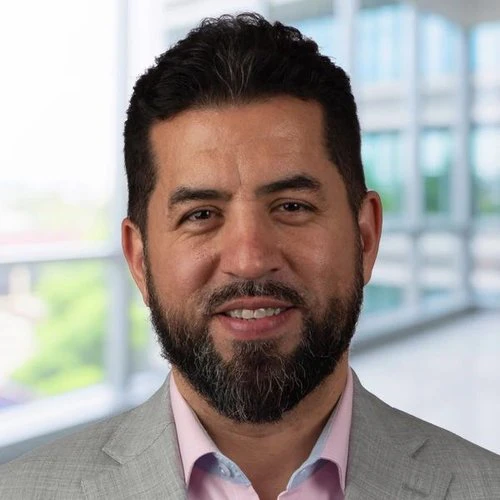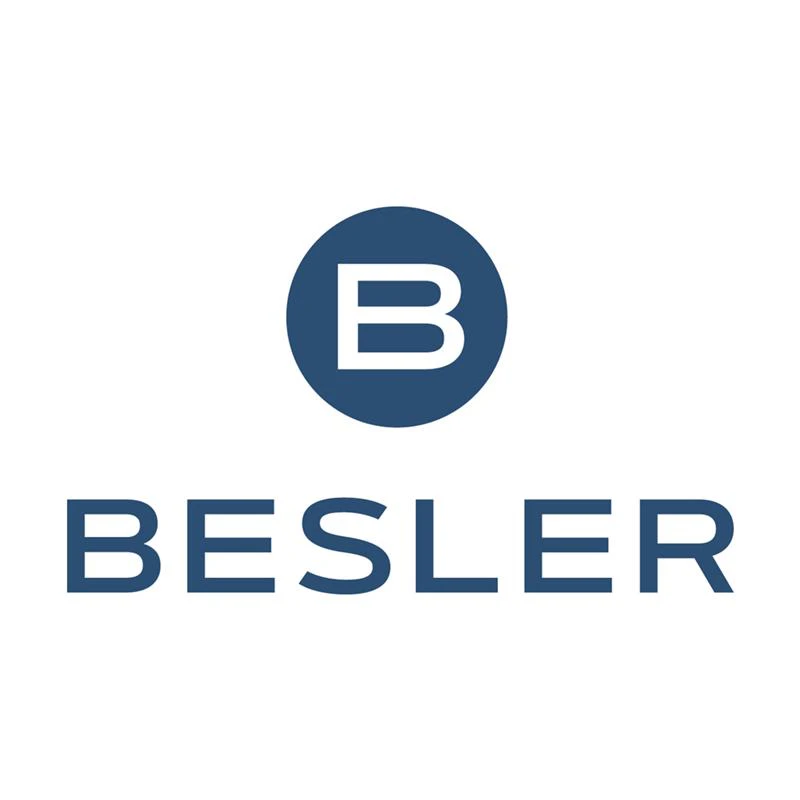What Is Unclaimed Property in Healthcare? (2024 Guide)
Find out the different forms of unclaimed property and how to report them promptly.
Jul 9, 2024

You are ready to tackle the day’s unending demands from patients while doing your best to provide excellent service and build trust. However, amidst this busy schedule, do you realize that hidden in your accounting books may be some unclaimed properties?
But what is unclaimed property in healthcare?
These overlooked funds, like reimbursement or overpaid insurance claims, represent revenue you have inadvertently owed your patients. With more states cracking down on the failure to report these funds, it’s safer for you and your organization to understand the rules to avoid unexpected fines, which, in some cases, can result in millions.
In this article, we’ll examine the meaning of unclaimed property, the reasons healthcare providers have them, and the right way to report them for compliance.
What Does Unclaimed Property Mean?
Unclaimed property refers to financial assets that have been left inactive by the owner for a statutory period. According to the Uniform Unclaimed Property Act (UUPA), unclaimed property includes tangible or intangible money or assets held by organizations that have had no owner contact for one year or more.
Common types of abandoned property healthcare organizations may hold include:
- Patient Refunds: Uncashed checks for overpayments or duplicate payments.
- Account Credits: Unused portions of patient accounts, such as prepayments for services not rendered.
- Outstanding Checks: Checks that vendors or employees have not cashed.
- Safe Deposit Box Contents: Assets left in safe deposit boxes that have had no activity for years.
By understanding unclaimed property meaning and reporting and remitting it as required, healthcare providers can avoid penalties and maintain high ethical standards and community trust. To avoid having to report the same type of unclaimed property repeatedly, it’s important you understand why you have them in your possession in the first place. More on this below!
Why Do Healthcare Providers Have Unclaimed Property?
As a healthcare provider, you likely have unclaimed property accumulating in your system without even realizing it. This often happens when you cannot locate corresponding patient accounts for some payments or when payment discrepancies arise from patients not having coverage with the plan on file. Patient credit balances can also build up over time from collecting more than is actually owed in coinsurance, copays, and deductibles.
Other common reasons include:
- Outdated patient information
- Complex billing and coding
- Lack of reconciliation
1. Outdated Patient Information
One of the leading causes of unclaimed property for healthcare providers is outdated or inaccurate patient information. When patients change addresses or insurance plans but fail to notify you, their payments and credits can be left unclaimed. It’s difficult and time-consuming for providers to continually verify patients’ details, but having an efficient revenue cycle management system can help reduce unclaimed property.
2. Complex Billing and Coding
The intricate web of billing, coding, and payment in healthcare also contributes to unclaimed property accumulation. With so many possible fee schedules, diagnosis codes, and payer requirements to keep track of, billing errors and overpayments are bound to happen from time to time.
Unintended overbilling and double payments that aren’t caught and reconciled promptly often become unclaimed. Our expert team at Kodiak can help your organization create an efficient coding and billing system. Our years of experience enable us to identify areas for improvement and improve your organization’s overall revenue. Reach out to us today for more information!
3. Lack of Reconciliation
Failing to implement a regularly scheduled account reconciliation can easily lead to the accumulation of unclaimed property in a healthcare system. Payments that don’t match up to patient accounts, insurance underpayments or overpayments, and stale-dated checks all need to be reviewed and addressed to avoid becoming unclaimed. For many providers, the reconciliation process requires very manual, tedious work, so it frequently gets pushed down the priority list in favor of more urgent daily tasks.
The bottom line is that healthcare providers must make a conscious effort to minimize unclaimed property. Reviewing accounts and billing practices, keeping patient information up to date, and performing regular reconciliations are all essential to ensuring that payments are matched and allocated properly. However, in a case where a healthcare provider has unclaimed property, what does the law demand of them?
The Legal Obligation for Healthcare Providers to Report Unclaimed Property
As a healthcare provider in the US, you’re legally obligated to report unclaimed funds to the appropriate state agency after a specified dormancy period, typically 3 to 5 years, depending on the state. All 50 states have unclaimed property law conditions requiring companies to review their books and records to identify unclaimed funds, such as uncashed checks, unused gift cards, security deposits, overpayments, and any other financial asset. Failure to report can result in penalties, interest charges, and audits.
Recently, some states have been cracking down on organizations that fail to comply with unclaimed property reporting, especially within the healthcare industry. Not complying with unclaimed property laws can damage your reputation and patient trust. It’s in your best interest to take the required reasonable care in identifying and reporting unclaimed funds to avoid potential legal issues. Let’s now examine the process of reporting unclaimed property as a healthcare provider.
How to Report Unclaimed Property as a Healthcare Provider
To report unclaimed property in your possession as a healthcare provider, you must first identify the property, understand your state’s reporting requirement, and finally make the report.
1. Identifying Unclaimed Property
Start by reviewing your financial records for any unclaimed money, such as refunds, overpayments, or uncashed checks. If we’re to define unclaimed money, this would refer to items that have not been claimed by patients, insurance companies, or employees.
This process often involves checking against databases and ledgers to pinpoint any funds that have lain dormant, with no owner inquiries or transactions, for an extended time as defined by state laws. It’s essential to maintain thorough records to ensure all potential unclaimed property is accurately identified and reported in compliance with state regulations.
2. Understanding State Reporting Requirements
Each state has its unclaimed property laws and reporting requirements that providers must follow. In general, if there has been no activity or contact with the owner for a period of 1 to 5 years, the property is deemed abandoned and must be reported. The state of incorporation, not the state where the property owner lives, determines which state has jurisdiction.
3. Reporting Procedures
Once the unclaimed property has been identified, providers must file a report with the appropriate state agency, typically called the Office of the State Treasurer or Unclaimed Property Division. Reporting procedures vary but generally involve submitting a report itemizing the property, the owner’s name and last known address, the date of last contact, and the total value of the property. The state agency will then publish notices in an attempt to locate the owners.
So, what happens to unclaimed property if the owners do not come forward? In this case, the funds are transferred to the state.
While unclaimed property reporting can be complicated and time-consuming for healthcare providers, partnering with a consultant like Kodiak simplifies the process. Kodiak’s team of experts can review your accounts to identify any unclaimed property, determine which states have jurisdiction, and handle the entire reporting process on your behalf. This helps ensure all unclaimed property is properly remitted to the correct states, reducing risk and avoiding potential penalties for non-compliance.
Frequently Asked Questions
What Does It Mean To Have Unclaimed Property?
Unclaimed property means assets or investment accounts in financial institutions or companies that have seen no activity and have been forgotten or overlooked by their rightful owners. These properties may be unclaimed due to the owner’s demise or relocation without leaving a forwarding address. This can include anything from dormant savings accounts and mutual funds to unclaimed dividends and insurance payouts.
What Does Undisclosed Mean On Unclaimed Property?
When unclaimed property is listed as “undisclosed,” it means the details regarding the amount or specific nature of the property are not made public. This privacy measure keeps the property’s value and particulars known only to the rightful owner and the holding institution.
What Do Properties Available For Claim By County Mean?
“Properties available for claim by county” indicates that within specific regions, there are assets—often money from dormant accounts—that have been unclaimed for a period, typically over a year. Each county follows a state-guided process allowing rightful owners to identify and claim these forgotten funds.
What Happens When You Claim Unclaimed Property?
When you claim unclaimed property, you’re asserting your rights to funds or assets that have been transferred to the government after a period of inactivity. As the designated owner or heir, you must provide proof of entitlement to recover what’s rightfully yours from the state’s unclaimed property office.
Conclusion
You now understand the definition of unclaimed property and the importance of reporting it as a healthcare provider. While it may seem like an extra burden, diligently reporting unclaimed funds demonstrates your integrity and builds trust with patients. When the public knows providers care for their well-being beyond just medical treatment, they gain confidence in the system.
Though reporting unclaimed property takes effort, the rewards of an improved reputation and strengthened community relationships outweigh the costs. To reduce the burden, you can either optimize your revenue cycle management process or get expert help for reporting. Our team of experts can help you in either case and are happy to discuss further!
Contact Us
Want the latest updates from Kodiak?
Get access to our communications, including our Healthcare Connection newsletter, to tap into industry trends, CPE webinars, and more.





